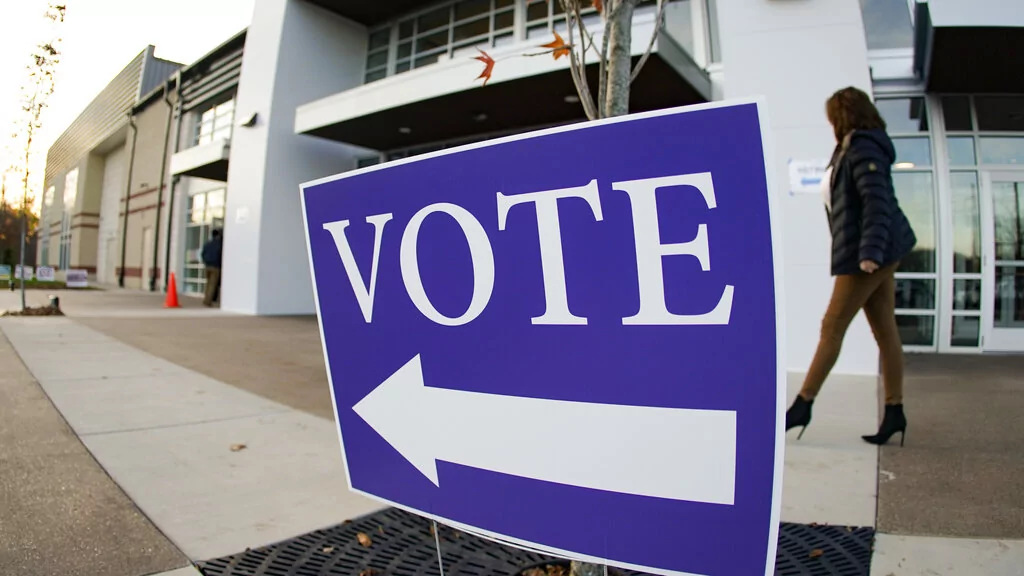


Betting markets on Tuesday’s presidential election are trending. The betting markets place a 64% probability that former President Donald Trump will defeat Vice President Kamala Harris.
What is perplexing about this probability figure is that the presidential polls show a dead heat. Moreover, nonpartisan polling experts say that the presidential race is essentially a toss-up. So, are the betting sites a strong gauge of voter sentiment because a wide range of participants are wagering real money, or are the polls more accurate?
In early October, the U.S. Court of Appeals for the D.C. Circuit ruled that people could bet on election outcomes. Judges said that federal regulators did not show that the public interest would be harmed by allowing betting markets. Gambling on elections is nothing new. Political futures markets have a long history. People have bet on elections as far back as 16th-century Italy. In the United States, election betting was typical in the period after the Civil War.
Some worry that betting markets could influence how people vote. That is unlikely. Over 160 million people will vote in the Nov. 5 presidential election. Each person will vote once in the presidential election. On betting sites, some individuals are betting multiple times. In fact, one wealthy gambler is betting multiple times a day. Moreover, the weight of money pushes betting odds one way or the other. When people vote for the president, it is one person, one vote. Wealth does not matter. How betting markets work does not build confidence in their ability to predict election outcomes.
Importantly, the historical data show that betting markets do a poor job of predicting winners. In the 2012 presidential election between then-President Barack Obama and former Massachusetts Gov. Mitt Romney, betting markets favored Romney. The market was wrong. In the 2016 presidential election, the betting markets were also wrong.
In 2020, the betting markets were wrong again. The markets said Trump would win. Of course, he lost. History shows that betting markets are not really a prediction of anything. There are several reasons to be skeptical of the accuracy of betting markets. Believers in cryptocurrency are more likely to be involved in betting markets. Crypto enthusiasts support Trump. Men strongly favor Trump. Men are much more likely to gamble on the outcome of specific actual events and not just on random games of chance such as slot machines.
Betting markets are not deep. They are not liquid. A few large trades can influence the odds. For example, Polymarket, a presidential betting site, handled $30 million in bets from just 4 accounts. Those bets moved the market. New reporting from Fortune also suggests that Polymarket is rife with so-called “wash trading,” in which gamblers attempt to manipulate market sentiments. Russia and China could be involved in the betting markets for the presidential election. If $30 million can move the odds, imagine how easy it would be for our enemies to drive up the odds of a Trump or Harris victory.
CLICK HERE TO READ MORE FROM RESTORING AMERICA
The media are playing up the betting market for the presidential election because the media want eyes and ears. The media do not care that very few people participate in the presidential betting sites.
The media just want to generate interest. Don’t bet on human emotion.
